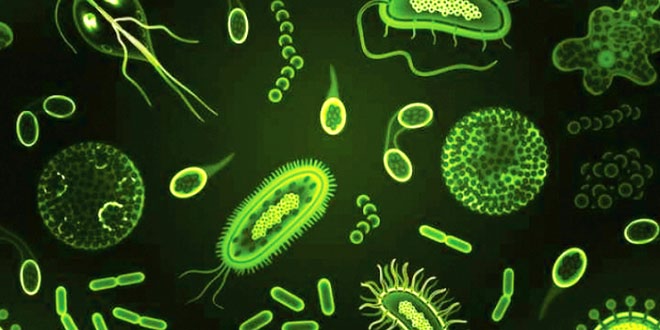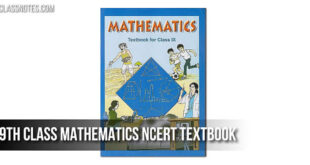Question: Differentiate between vertebrates and invertebrates.
Answer:
Question: Name the phylum of the following animals: (1) Tapeworm (2) Starfish (3) Jellyfish (4) Octopus
Answer:
- Tapeworm – Flatyhelminthes
- Starfish – Echinodermatai
- Jellyfish – Coelenterata
- Octopus – Mollusca
Question: Identify the phylum for the following characteristics given:
(a) Organisms with joint appendages.
(b) Organisms are generally flat worms.
(c) Body is segmented.
(d) Skin of organisms is full of spikes.
Answer:
- Arthropoda
- Platyhelminthes
- Ann elida
- Echinodermata
Question: State the features of all chordates.
Answer: All chrodates possess the following features:
- Have a notochord
- Have a dorsal nerve chord
- Are triploblastic
- Have paired gill pouches
Question: Give general characteristics of Porifera.
Answer:
- Animals with pores all over the body.
- Body is not well differentiated.
- Non-motile animals, remain attached to solid support.
- Body is covered with hard outer skeleton. Example, sponges.
Question: How are pores or holes all over the body of Porifera important?
Answer: The pores or holes present all over the body of the organisms lead to a canal system that helps in circulating water throughout the body to bring in food and oxygen.
Question: Give general characteristics of ‘Platyhelminthes’?
Answer:
- These are flat worms.
- Most of them are parasites.
- Animals are triploblastic
- No true internal body cavity.
- E.g., Tapeworm, planaria, Liver fluke.
Question: Give specific characteristics of Coelenterata.
Answer:
- Water living animals.
- Body is made of two layers of cells.
- Some of them live in colonies (corals), while others have solitary life-span {Hydra).
- Body cavity present.
Question: Give the characteristics of Arthropoda with 2 examples.
Answer:
Arthropoda means “jointed legs”.
- Animals are bilaterally symmetrical and segmented.
- It has an open circulatory system.
- This is the largest group of animals.
- Example: Spider, scorpionts, crabs, house flies.
 Class Notes NCERT Solutions for CBSE Students
Class Notes NCERT Solutions for CBSE Students



